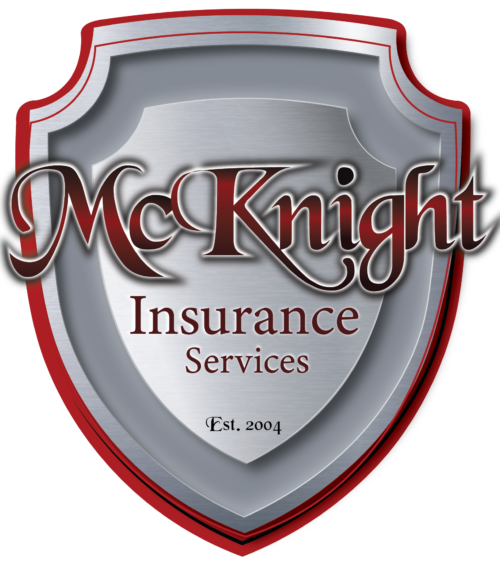January 31, 2017
10 Insurance terms everyone needs to know
Here are a few definitions that you should be familiar with when getting a new auto policy.
Deductible– A deductible is money you pay out of your own pocket before an insurance company covers the rest of a claim. How much you pay depends on the policy and the company. Usually, though, car insurance deductibles are between $0 and $1,500.
Keep in mind that deductibles and premiums are related. A high deductible means a low premium. Also, a low deductible means a high premium. To put it another way, a high deductible can save you money every month. You’ll have a big bill to pay, though, if you file a claim.
Premium– You pay premiums to an insurer so it will provide coverage and pay claims. Usually you pay them yearly, every six months, or monthly. Some insurance companies offer discounts to people who prepay their premiums. Don’t be surprised if someone uses the word “rate” in relation to car insurance. People often use it interchangeably with the word premium.
Bodily Injury Liability-This kind of coverage protects you if you cause an accident that injures or kills someone. It does that by funding your legal defense and covering judgments against you if you’re sued. It also can pay for the lost wages or medical expenses of anyone you injure in a crash. Just remember that value of your policy determines how much Bodily Injury Liability coverage protects you in these cases.
It won’t cover you or anyone else in your car, by the way. That’s the point of Medical Payment or Personal Injury Protection coverage (see below).
Collision Coverage-Collision coverage kicks in if your car is damaged by hitting another vehicle or object. The law doesn’t require you to have it, but most lenders do. Payouts tend to be limited to the cash value of a car, so you may want ignore this kind of coverage if your vehicle is older.
Comprehensive Coverage- Also known as physical damage coverage or Other-Than-Collision (OTC) coverage. It protects you if something other than a collision damages your car. Some of the events it covers:
- Theft
- Damage resulting from a falling object
- Damage resulting from striking an animal
- Broken windows
- Storms
- Natural disasters like tornadoes, hurricanes, and earthquakesNo-Fault InsuranceAlso, if you’re in an accident that involves another car in a no-fault state, your insurance company, not the other driver’s, pays your claim.If you live in a no-fault state, you might have to buy this kind of coverage. In other states, it’s often sold as optional coverage.Not convinced you need it even after reading all of the above? Consider that an estimated one in seven U.S. drivers doesn’t have car insurance.
- Gap Insurance- As soon as you drive a new car off the lot, it loses a good chunk of its value. That’s bad all on its own. Things go from bad to worse, though, if a crash totals it shortly after you bring it home. In that case, you a dealer or lender the full price of the car, but your insurance company only will pay you its used “Blue Book” value. Gap insurance keeps you from having to worry about this. It pays the difference between what you owe and what you’ll be paid if an accident totals your new car.
- Uninsured Motorist Coverage-This coverage comes in two forms. One is Bodily Injury, which covers you and your passengers if an uninsured driver hits and injures you. Another is Property, and it covers you if an uninsured driver hits and damages your car.
- Medical Payments or Personal Injury Protection Coverage-These forms of coverage also protect you and your passengers if you’re injured in an accident. Depending on the insurer and the policy, they may cover pedestrian injuries too.
- Some states have adopted no fault insurance systems over the years to put a dent in the costly lawsuits that stem from car accidents. In these states, drivers generally can’t sue each other unless they’re seriously hurt.
- Property Damage Coverage- You buy property damage coverage so it will pay out if your car damages another person’s vehicle or property. Actually, some people buy it so it’ll protect them from lawsuits related to the same. Don’t be shocked if your insurer doesn’t offer this legal coverage, though. Not all companies do.
McKnight Insurance services has offices in Mansfield and Midlothian. We serve the DFW metroplex and offer auto, homeowners, renters, commercial insurance and bonds to name a few. If you would like to learn more about the above definitions, give us a call! We would love to help you fully understand the insurance you are paying for.


